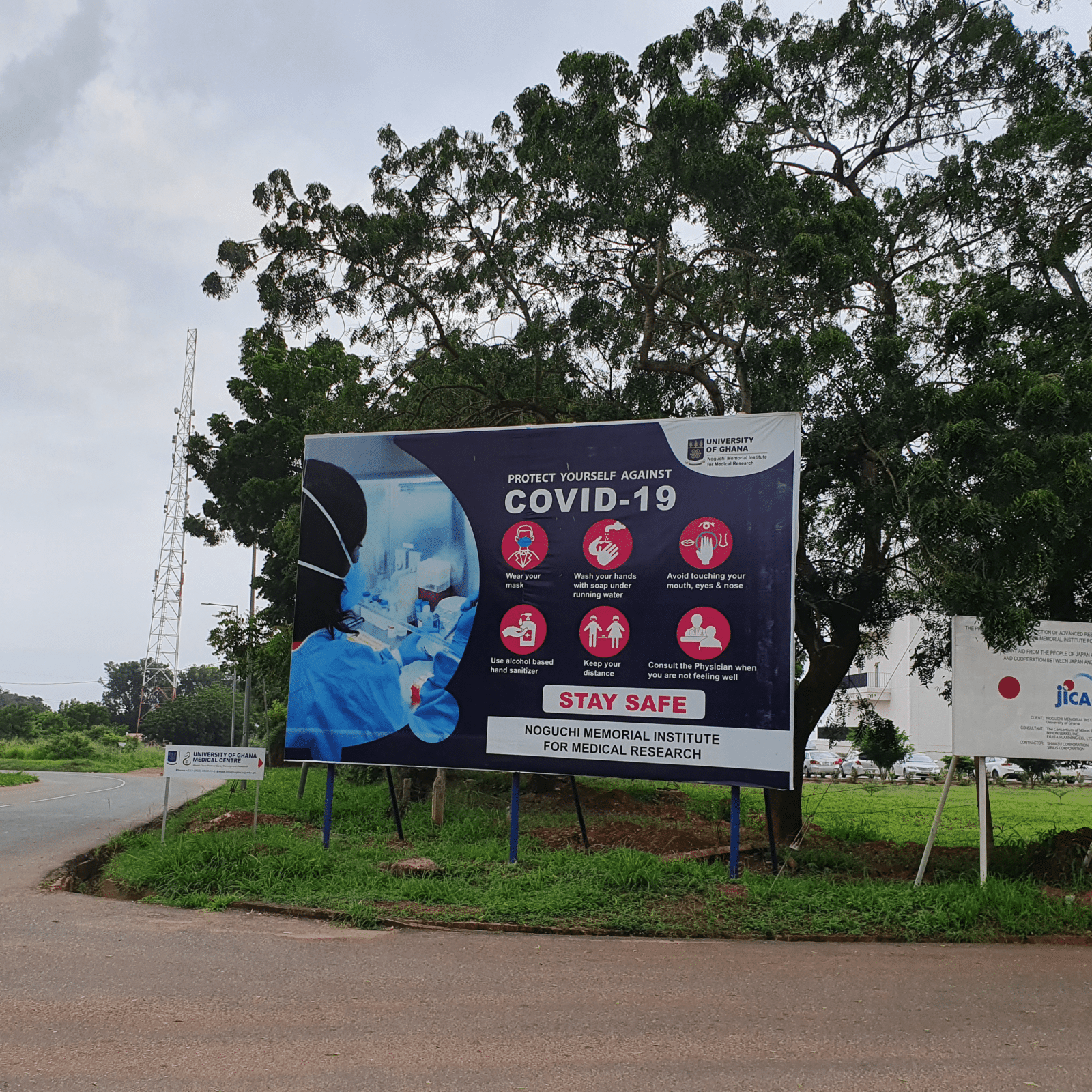About the research
Our research uses a feminist intersectional lens that acknowledges the existence of multiple markers of difference as well as vulnerability to explore the range of actors involved in the response to COVID-19 and its multi-dimensional impacts on citizens in Burkina Faso and Ghana. Our work is based on the premise that responses to COVID-19, and whether or not they reach the targeted populations, are dependent on political/historical context and the range of socio-economic/socio political crises confronting a state prior to the onset of the pandemic.
Planned activities
- Analysis of existing statistical databases.
- Content analysis of press briefngs, print media sources and social media reports.
- Key informant interviews with personnel involved in the development and implementation of measures.
- Thematic network analysis of key informant interviews.
